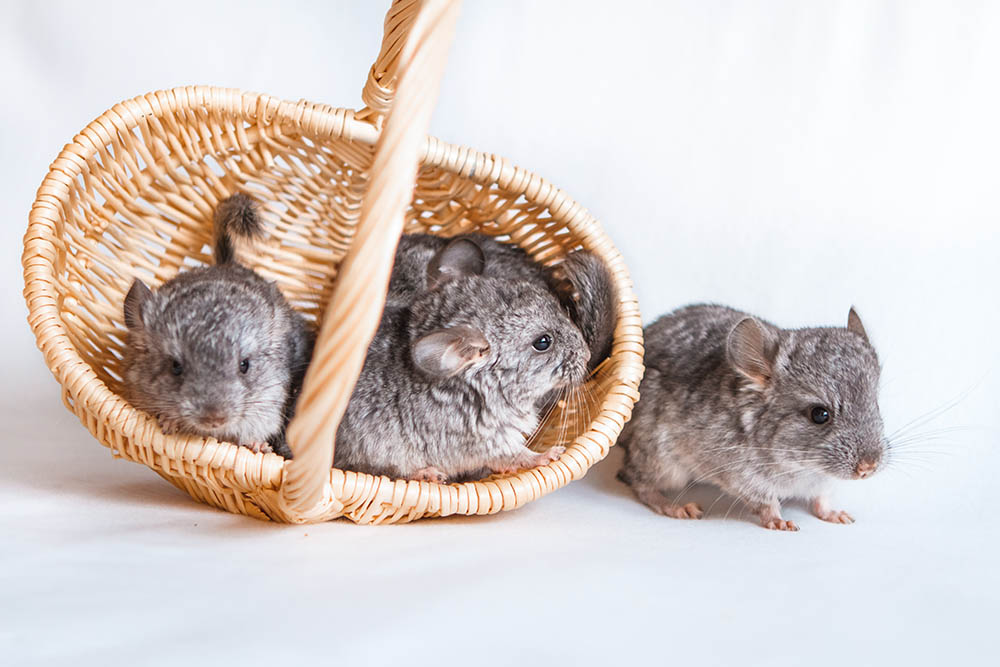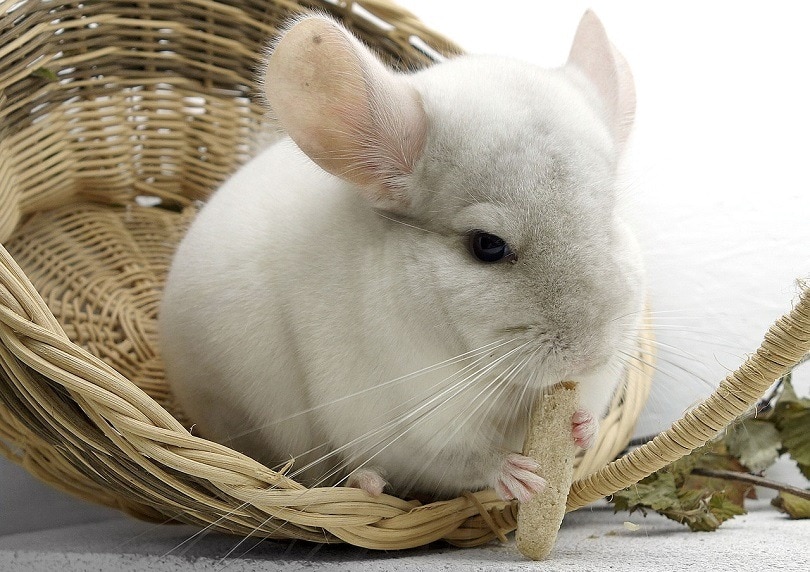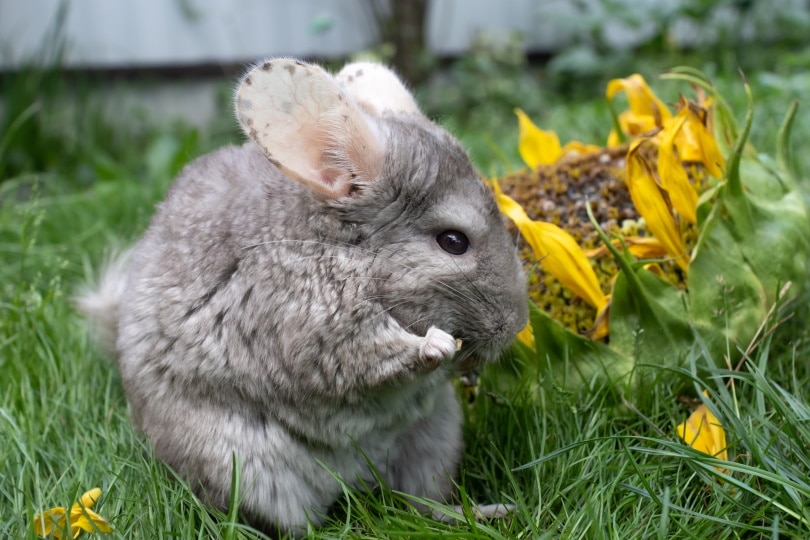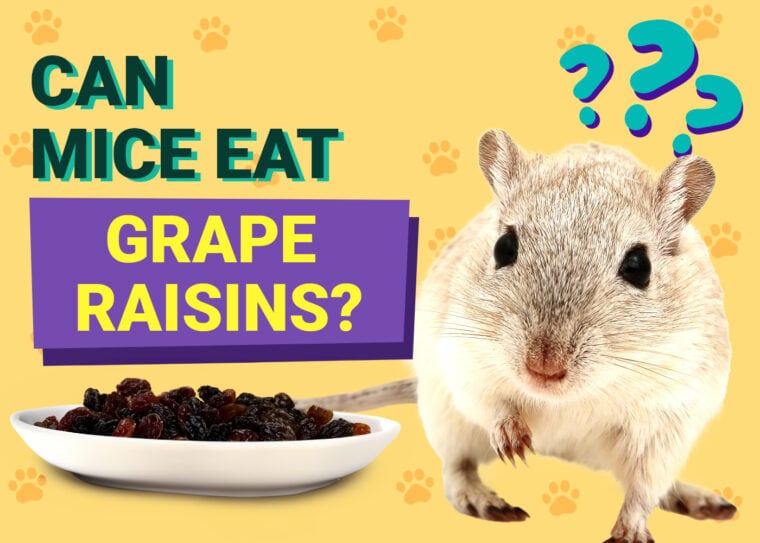
If you have a pet mouse and wonder if it can eat grapes and raisins, the short answer is yes. There is nothing harmful in grapes and your mouse can eat grapes and raisins in small amounts. However, there is some controversy surrounding this subject, so keep reading while we take a look at why these foods might be bad and what other foods are bad, and what you can feed instead to help you provide a healthy diet for your pet mouse.
Are Grapes and Raisins Bad for Your Mice?
While the mice that sneak into our homes seem to eat anything they can find, grapes and raisins are poisonous to them, according to many experts like the RSPCA, and can present a significant health risk. These same experts recommend avoiding walnuts and rhubarb because they, too, are poisonous. However, this same website suggests giving fruit in small amounts to your mouse as part of a healthy diet and doesn’t specify why grapes are bad.
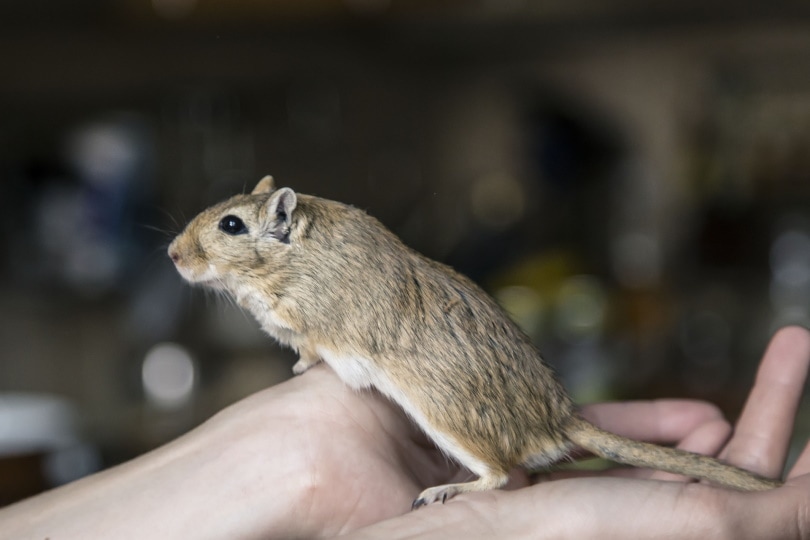
Sugar
One disadvantage to feeding your mouse too many grapes is that they contain a lot of sugar that can lead to weight gain and other health issues if provided frequently. Mice can get heart disease and diabetes just like humans do, but sugar can be a tasty treat that provides your pet with an energy boost in small amounts.
Fiber
Grapes are high in fiber, which can cause bloating, gas, and discomfort for your pet if it eats them frequently. Too much fiber can also cause diarrhea which can dehydrate your pet, and too much fiber can also prevent calcium absorption.
High Moisture Content
One of the reasons why many people might think that grapes and raisins are poisonous to mice is because they frequently get diarrhea from them due to the high moisture content.
Are Grapes and Raisins Good for my Mouse?
What About Grape Seeds?
We recommend purchasing seedless grapes if you were to give them to your mouse. However, unlike apples, peaches, apricots, and some other fruit seeds, there is no cyanide in grape seeds, so they are safe for your pet to eat.
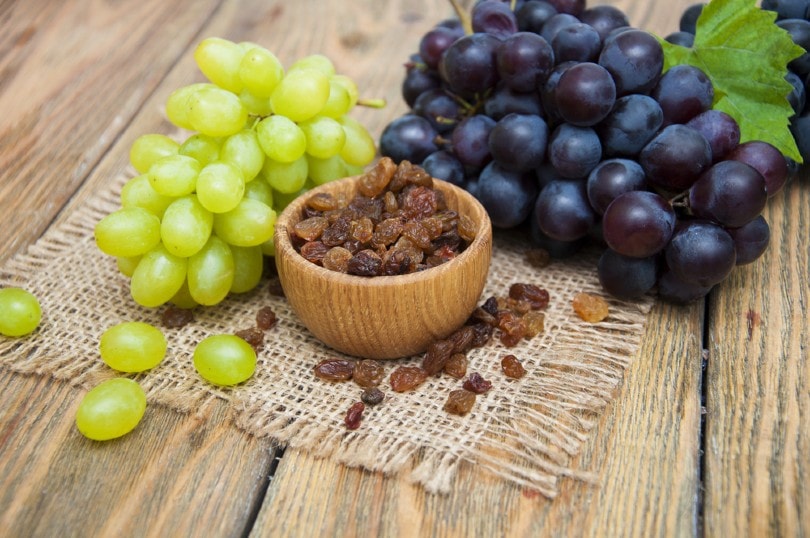
Do I Need to Remove the Skin of the Grapes?
No. There is no need to take the extra step of removing the skin from the grape, and your mouse will have no trouble eating it, and the skin contains many of the important nutrients. However, we recommend washing each grape thoroughly before feeding it to your pet to remove the pesticides. Adding a tablespoon of baking soda to the water will help produce a cleaner grape.
How Do I Feed Grapes and Raisins to My Mouse?
Your pet will only be able to eat a small number of grapes and raisins at a time. We recommend starting with ¼ grape or a single raisin at first and see how your pet reacts. If it seems to enjoy it, you might try to give it as much as ½ grape or three raisins once or twice per week as part of a balanced diet.
Since raisins are small and contain much less water than grapes, it’s easy to feed more of them without seeing any negative signs. However, raisins are much higher in sugar than grapes and can lead to weight gain.
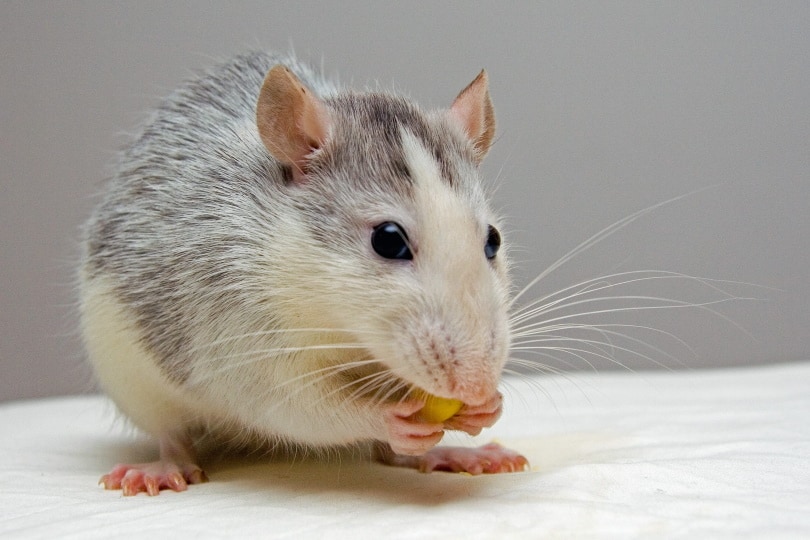
Healthy Alternatives to Grapes and Raisins
There are several healthy alternatives to grapes and raisins that you can feed your mouse that everyone seems to be on the same page about, and these foods include tomatoes, strawberries, apples, pears, oranges, carrots, and even some hardboiled eggs.
What Else Should My Mouse Be Eating?
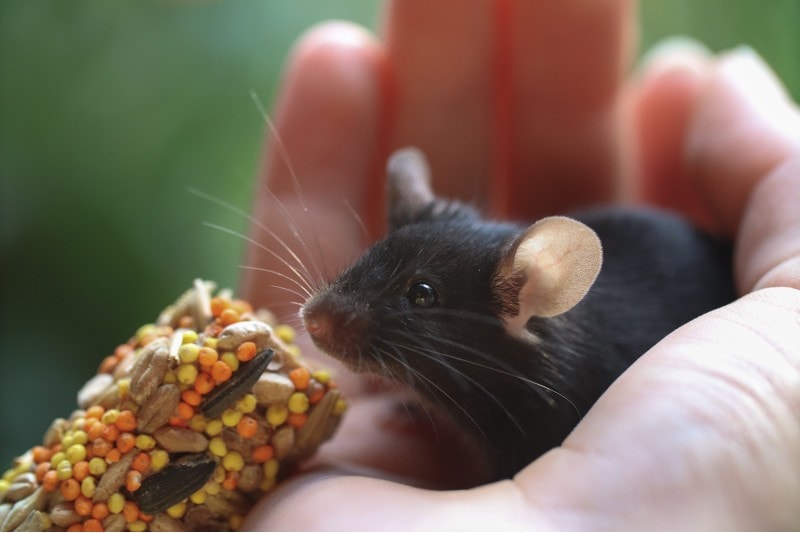
Water
Mice require constant access to clean water and can go into distress in only a short time without it. We recommend having at least one water bottle with a metal tube in your mouse habitat.
Commercial Pellets
At least 60% of your mouse’s diet should consist of commercial mouse pellets to ensure that your pet is getting the nutrients it requires to stay healthy and happy. 30% should be fresh vegetables like corn, carrots, and broccoli, and the remainder should be treats, like grapes and other fruit.
Summary
While we couldn’t find any reason not to serve your mouse the occasional grape or raisin, we recommend erring on the side of caution and choosing a healthier snack for your pet. Many mice prefer apples or strawberries, and there are no worries about these foods outside their high sugar content. However, if your pet actively seeks out grapes or raisins, there shouldn’t be any harm in providing them as long as you stick to our feeding guidelines above. Remember to wash them well and buy organic when possible.
We hope you have enjoyed reading over this short guide, and it has helped answer your questions. If we have helped provide your pet with a nutritious snack, please share our look into the safety of feeding your mouse grapes on Facebook and Twitter.
Featured Image Credit by Dream79, Shutterstock



